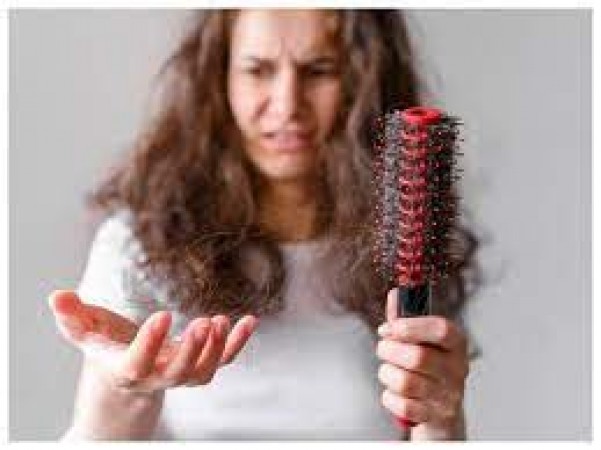
Hair fall is a common concern for many individuals, and a pervasive belief suggests a direct link between stress and continuous hair loss. Let's unravel the truth behind this popular notion and explore the intricate relationship between stress and hair health.
Before delving into the stress-hair fall connection, it's crucial to comprehend the fundamentals of hair growth. Hair undergoes a continuous cycle, comprising growth, transition, and resting phases. Each hair follicle operates independently, and factors influencing this cycle can impact the overall health of your mane.
The anagen phase, known as the growth phase, is where new hair forms and can last for several years. The length of this phase largely determines the length of your hair.
One prevailing belief is that stress is a significant contributor to continuous hair fall. Let's examine this assumption and distinguish between myth and reality.
Contrary to common belief, stress doesn't result in immediate hair loss. The connection is more complex, involving various physiological processes.
Prolonged or chronic stress can lead to a condition known as telogen effluvium. This is characterized by a significant number of hair follicles entering the resting phase simultaneously, causing noticeable shedding.
Understanding the physiological mechanisms is crucial to debunk myths surrounding stress-induced hair fall.
Stress triggers the release of cortisol, a hormone associated with the body's "fight or flight" response. Elevated cortisol levels can disrupt the normal hair growth cycle, pushing more follicles into the resting phase.
Addressing stress is essential not just for your overall well-being but also for maintaining a healthy head of hair. Here are practical tips to manage stress and promote hair health:
Incorporate relaxation techniques like deep breathing, meditation, or yoga into your routine. These practices can help lower cortisol levels and mitigate the impact on your hair.
Ensure you're getting adequate sleep, maintaining a balanced diet rich in vitamins and minerals, and engaging in activities you enjoy. These factors contribute significantly to your overall stress levels and, subsequently, your hair health.
In conclusion, while stress can influence hair health, the relationship is nuanced and not as straightforward as often perceived. Adopting a holistic approach to well-being, encompassing stress management and self-care, is key to maintaining luscious locks.
Andhra Pradesh Unveils World's Tallest Statue Honoring Dr. BR Ambedkar
Khelo India Youth Games 2024: in Tamil Nadu, See Full Schedule Here
Khelo India Youth Games 2024: PM Modi Set to Inaugurate in Chennai Today